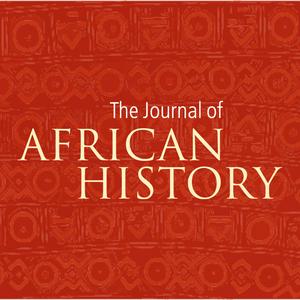David Wilson on fisheries management in Lake Malawi
In this episode, David Wilson (University of Strathclyde) joins guest host Ayodeji Adegbite (Brown University) to discuss the Open Access article, "Colonialism, Governance, and Fisheries: Perspectives from Lake Malawi," co-authored with Milo Gough, Bryson Nkhoma, Elias Chirwa, Charles Knapp, Tracy Morse, and Wapulumuka Mulwafu.
Wilson details how this article—situated at the intersection of environmental science and historical research—sheds light on both the history and contemporary dynamics of natural resource governance in Africa and beyond. He explains the development of two parallel fisheries regimes in late colonial Malawi: a colonial system marked by exclusionary, centralized decision-making, and an indigenous regime grounded in place-based knowledge, local customs, beliefs, and practices. The latter regime, led by Senior Chief Makanjira, yielded sustainable outcomes, in contrast to the colonial regime, which failed to achieve similar results.
The conversation further explores the methodological challenges faced by the authors, highlighting how knowledge hierarchies continue to shape natural resource management, and gives practical recommendations for collaborative models in natural resource governance across Africa.


